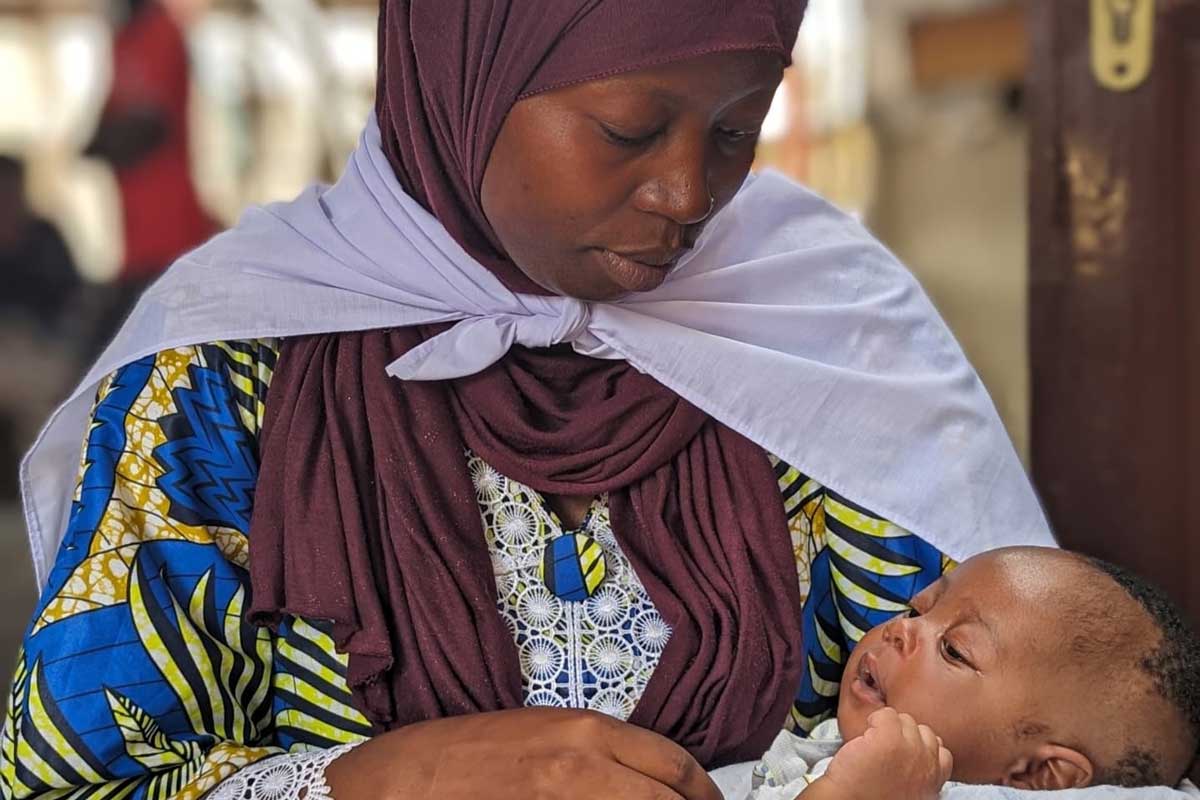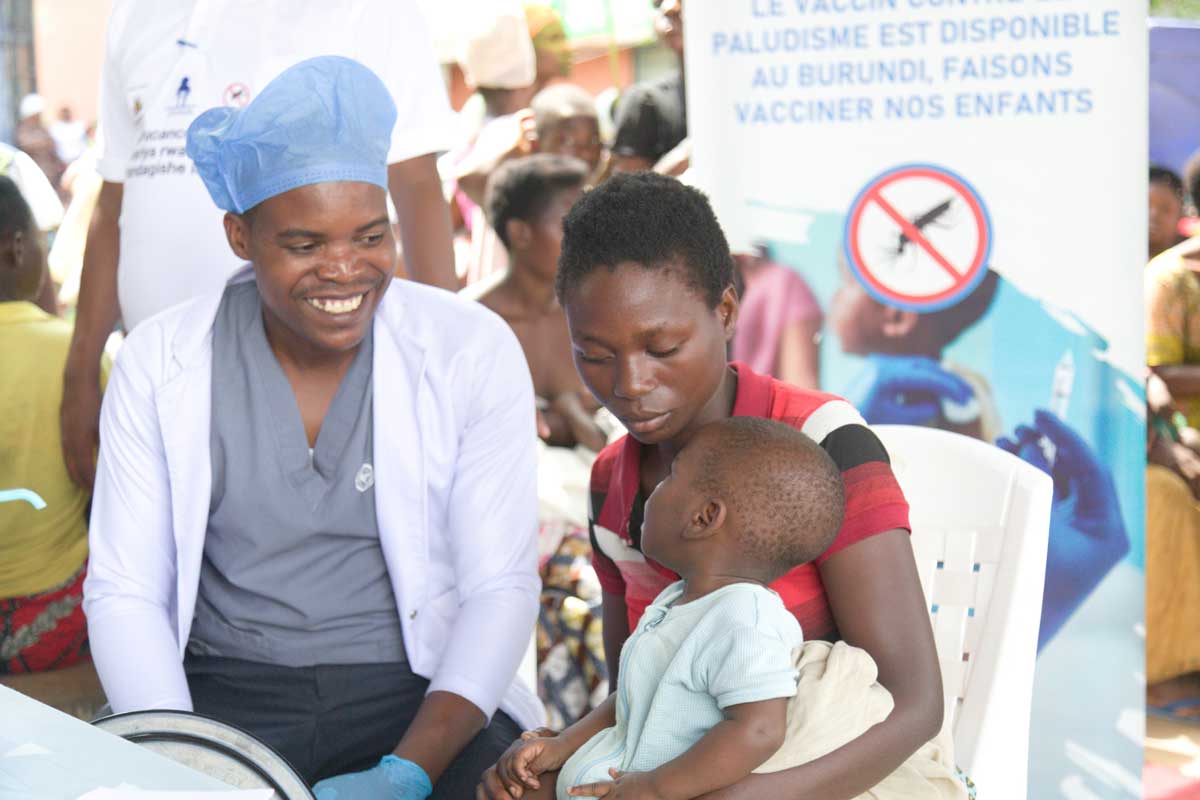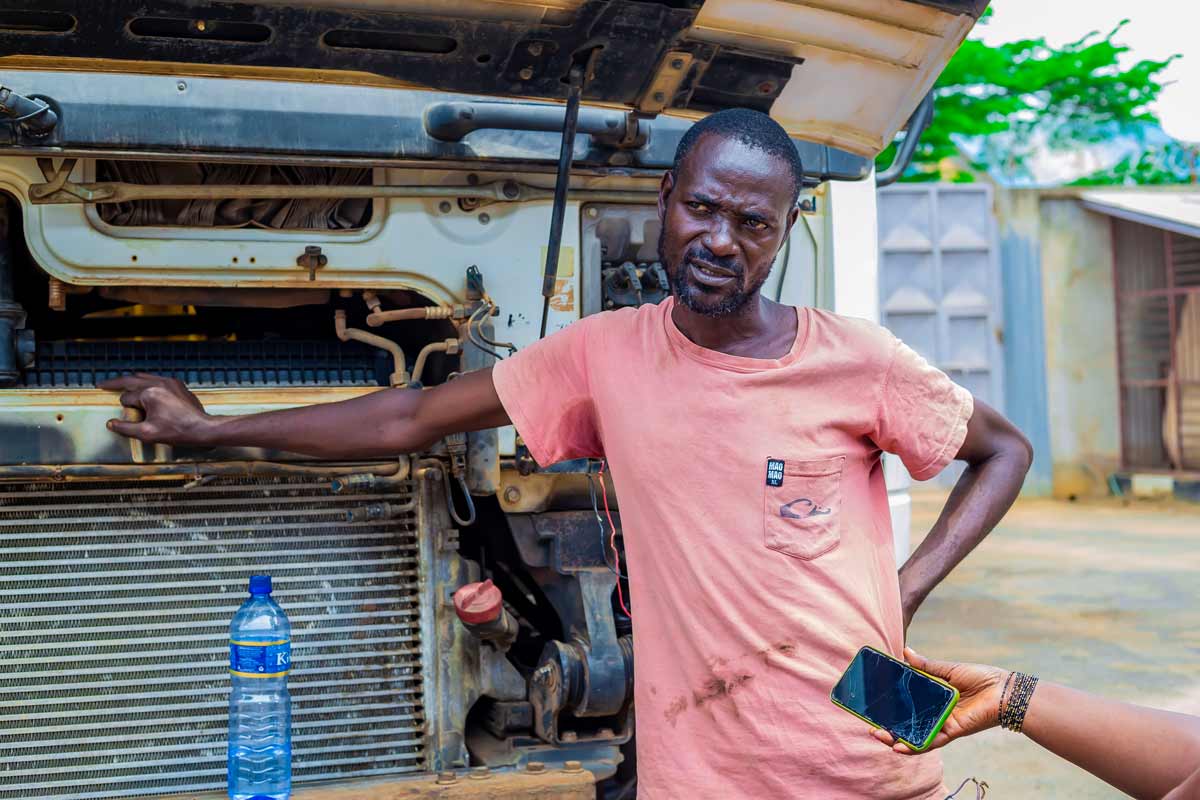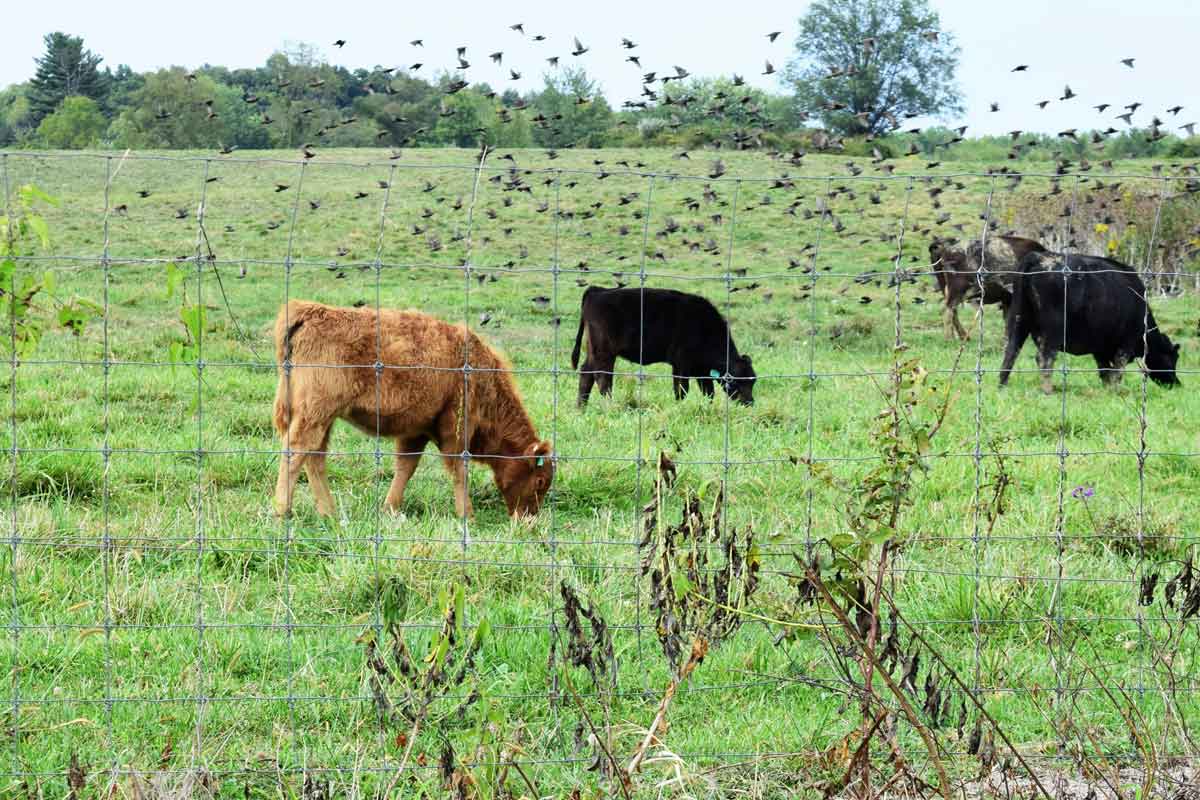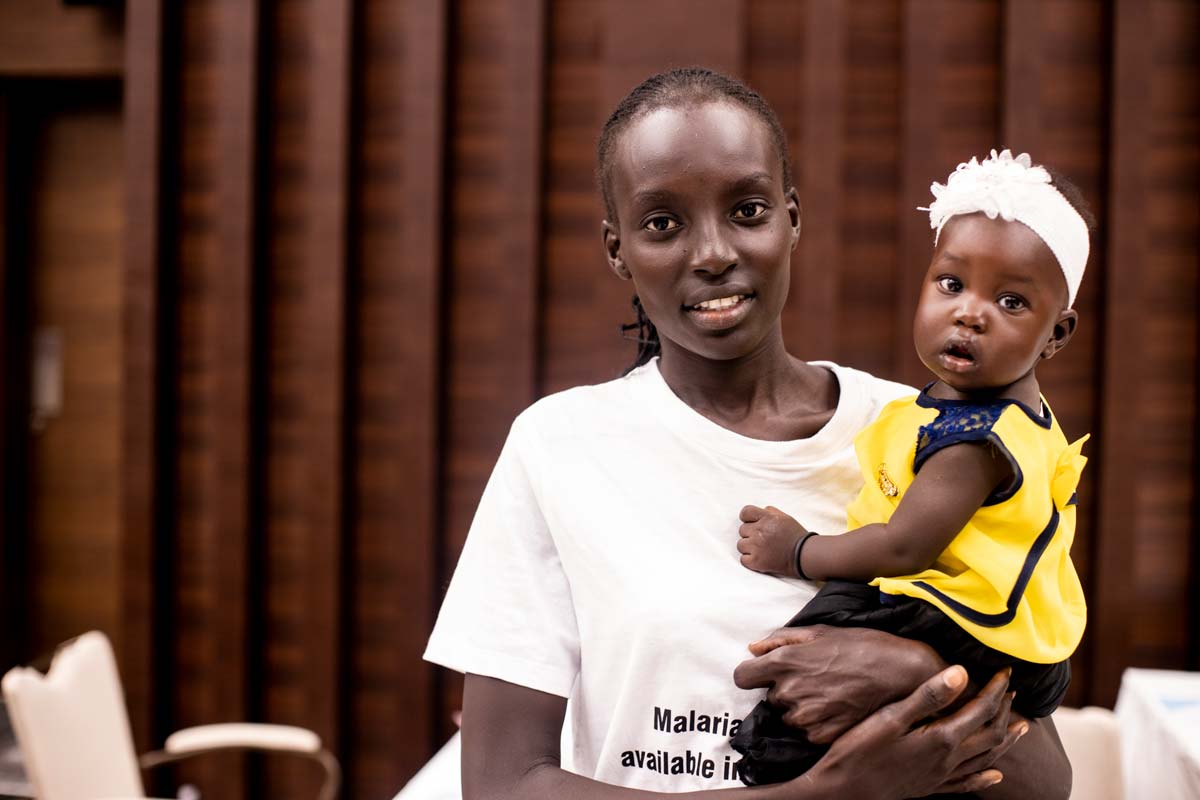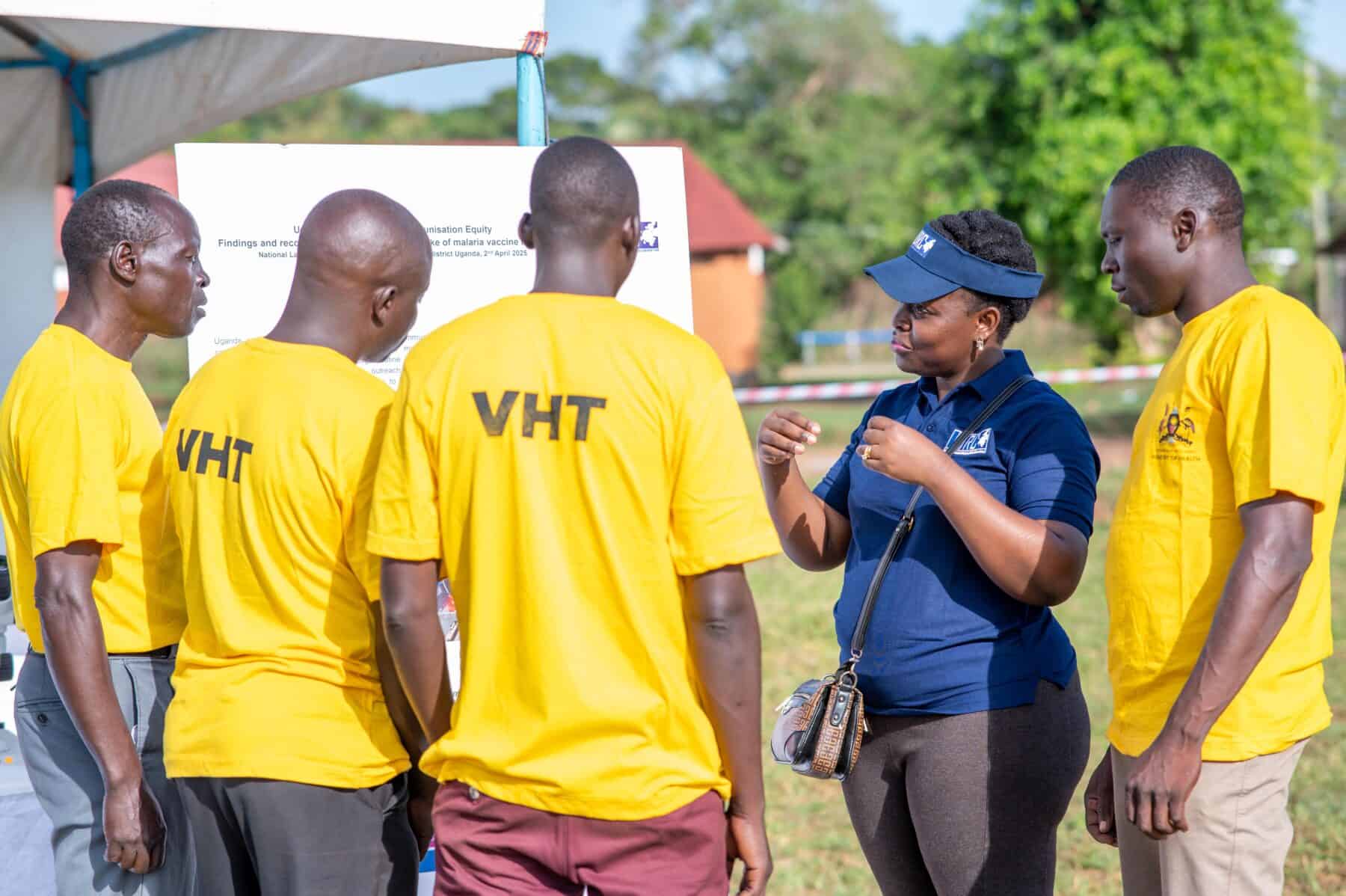Burundi battles measles, borrowing tactics from polio campaigns
More children died of measles in the first two months of 2024 than in all of 2023 – but in June, Burundi struck back with a large-scale immunisation campaign.
- 28 August 2024
- 4 min read
- by Moses Havyarimana
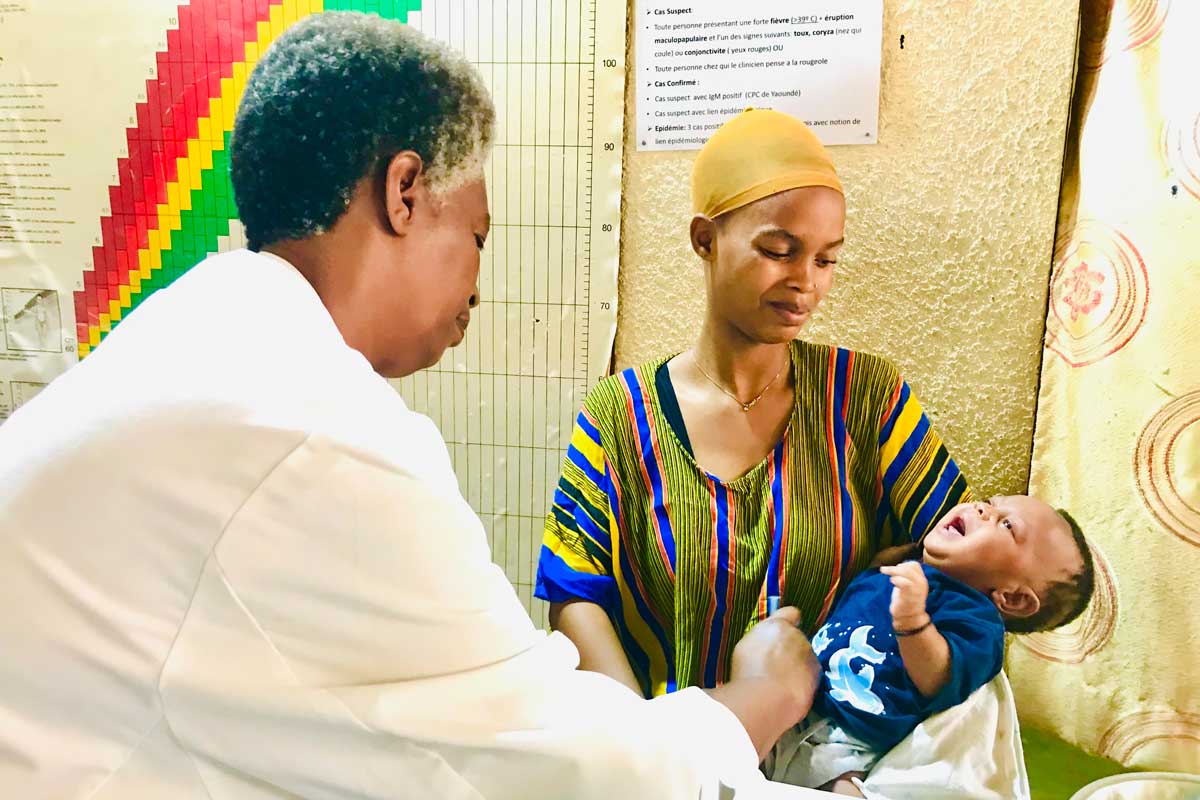
Nivyabandi Salama would later describe her daughter’s illness as one of her own darkest moments. The little girl spiked a high fever and developed skin rashes. She began to refuse food, and her breathing sounded laboured.
“I was terrified, and I took the child to the hospital. That’s where they told me the child is suffering from measles,” recalled Salama, a 29-year-old mother of three, currently living in Buyenzi, a suburb of Bujumbura city in Burundi.
“My child was hospitalised for more than four days, where she was put on drip and medications. I wasn’t aware about the disease or when to take the child for vaccination, that’s why I never got my child vaccinated. I came to realise all the vaccination protocols when I took her to the hospital and they told me all about the vaccination programmes,” she said.
“We are now engaging more the community leaders and religious leaders to help us sensitise people on the importance of children getting vaccinated.”
- Dr Armel Nzeyimana, Chief Medical officer for Bujumbura city
Rates of protection with the first dose of measles vaccine in Burundi fell from a pre-pandemic high of 86% to 81% in 2021. In 2023, that figure had bounced back somewhat to 83% – but there’s further to go. Coverage with the recommended second dose of measles vaccine is hovering at just 74%, while epidemiologists say herd immunity from the highly contagious virus is reached at a two-dose vaccination rate of 95%.
Salama numbers among the luckier parents – those whose children survived. Burundi is battling a flare-up of the deadly disease. Within just the first two months of this year, 34 deaths from measles were reported in Burundi, which is more than the total number of fatalities for 2023.
“Children died”
After an outbreak was reported in February, the government launched a seven-day vaccination campaign on 13 June that targeted more than 2 million children countrywide.
“The reason as to why the campaign was launched was because there was an increased number of measles cases in different hospitals, especially in seven regional hospitals. In some areas, children died. That’s why the government decided to launch a campaign in fighting against measles. Normally it spreads quickly, so that’s why a quick action was taken,” said Dr Armel Nzeyimana, Chief Medical officer for Bujumbura city.
“Different from other campaigns, we learnt something new from the recent polio vaccination campaign. Now we have an independent monitoring team which help us to identify unvaccinated children. So, in the evening they give us report and they helped identify those who didn’t get vaccinated,” said Dr Nzeyimana.
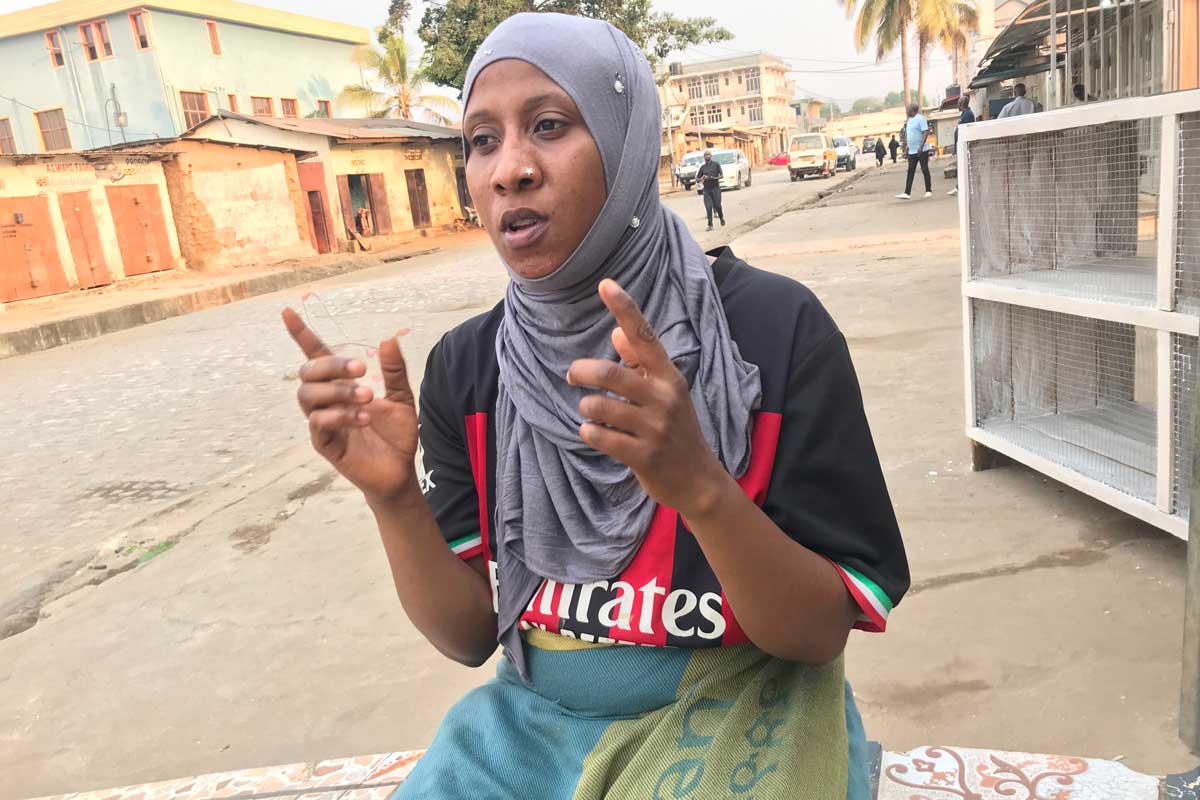
“Generally a success”
According to a UNICEF report, the total number of children who received the measles vaccine during the June campaign was 1,978,999, or 92.3% of the target. The majority of those children also received supplementary vitamin A and a dose of the dewormer, Albendazole.
A government report indicated that many of the children who were unreached during the campaign were either away from home at the time, or belonged to families who reported not being aware of the drive.
“Generally the campaign was a success,” said Dr Nzeyimana, noting that the capital city was an exception. In Bujumbura, “expectations were not met in terms of numbers,” he said.
“This campaign was also affected by the ongoing fuel shortage in the country, so it was a challenge, but we managed to transport vaccines to all the vaccination centres,” he added.
Have you read?
Taking stock
The Ministry of Health indicated that there is need for the strengthening communication tools in time before and during the campaigns to effectively achieve 100% of the targeted children.
“The first thing parents should know is that they must follow up with the vaccination programme for their children, up to two years. And people should know that the vaccination is for the good of their health. We are now engaging more the community leaders and religious leaders to help us sensitise people on the importance of children getting vaccinated,” said Dr Nzeyimana.
Ndoricimpa Jacqueline, a nurse at one of the health centres in Bujumbura, said that while she hasn’t seen families opt out of vaccination, she frequently sees families miss the recommended window for a given jab. “Vaccinations are free, but most of the parents need to come and vaccinate their children to stay healthy, because through vaccination we will have a healthier society – hence developing the country,” she added.
According to a World Health Organization report, there has been a noticeable increase of measles cases in Burundi during the last five years. The country recorded 1,684 cases and 22 deaths in 2023. The government says it’s committed to vaccinating 100% of the children against measles.
